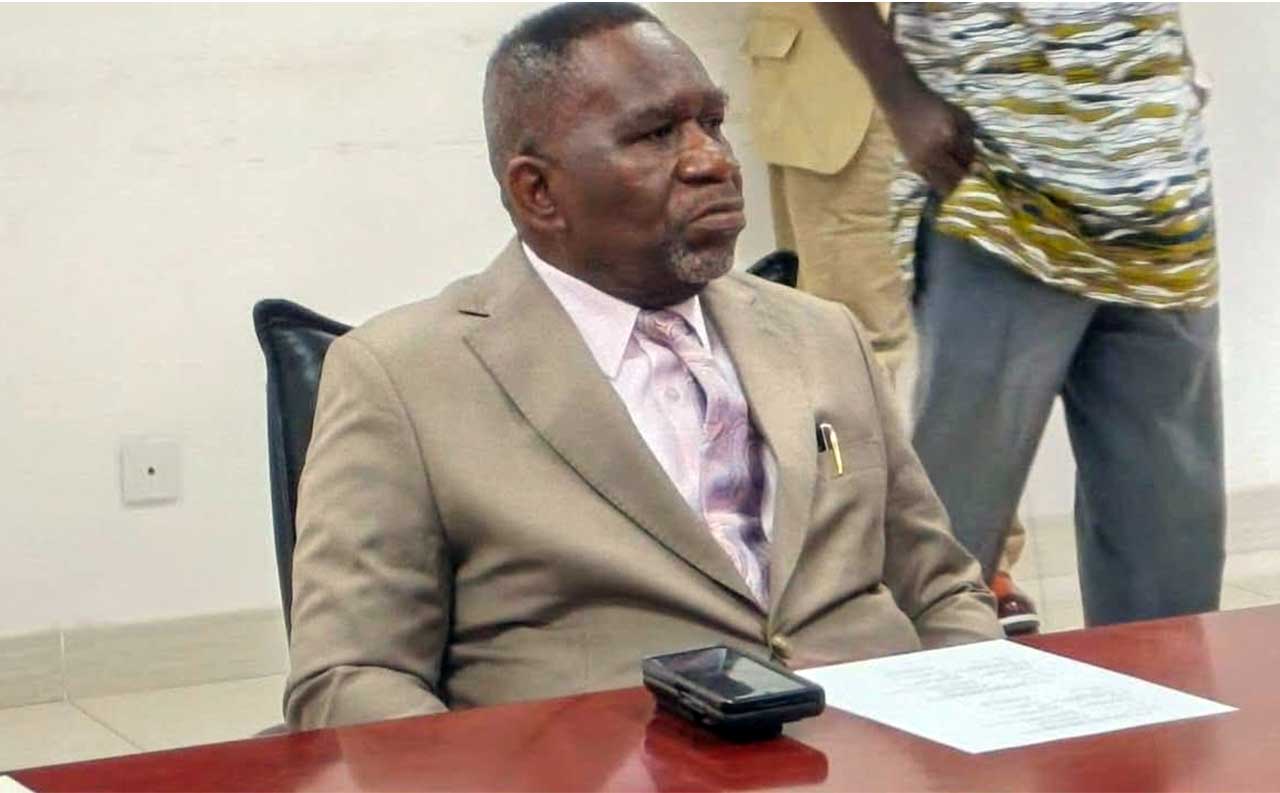The Minister of Finance and Development Planning, Augustine Kpehe Ngafuan, has expressed significant frustration regarding the United States Millennium Challenge Corporation (MCC)’s immediate pause concerning Liberia’s eligibility. He stated that the country may no longer be able to hope for or rely on the MCC as a priority for its development.
Speaking on a local radio station on May 9, 2025, Minister Ngafuan noted that the announcement of Liberia’s eligibility for the MCC was initially met with optimism, as it promised faster development, particularly in infrastructure and energy. He explained that in January 2024, an MCC team visited Liberia and authorized the Ministry of Finance to recruit a coordinator, a senior economist, a private sector specialist, and a gender specialist for the program—five positions in total. This recruitment drive attracted over a hundred applications from Liberians, which he believes fueled hope and confidence in the process.
“We don’t have control over the American government and its democratic processes. With the change in leadership in the U.S., the MCC may no longer be a priority. We cannot continue to rely on the MCC. Unfortunately, we must pause everything we started. However, I believe we will get through this,” he added.
It is worth recalling that on December 19, 2024, the MCC Board of Directors selected Liberia as eligible to develop a compact during its quarterly meeting on December 18. Liberia was recognized for its progress in strengthening performance on the MCC scorecard and its commitment to pursuing critical economic and democratic governance reforms. During the meeting, MCC Chief Executive Officer Alice Albert expressed pride in the long-standing relationship with Liberia and enthusiasm for a new partnership to advance opportunities for the Liberian people.
Minister Ngafuan emphasized domestic fiscal management and resource mobilization measures taken to address financial gaps. Despite the pause on the MCC Compact, he said Liberia is focused on implementing the Liberia First Policy, concentrating on key issues that will protect the nation’s sovereignty and enhance domestic revenue.
He shared that the country’s budget last year amounted to approximately US$738 million, with a domestic revenue target of about US$690 million. The Liberia Revenue Authority and other revenue-generating institutions collected US$698 million, exceeding the target by one hundred dollars and marking the highest domestic revenue in the country’s history.
The Minister stated that efforts are now focused on expanding domestic resources and revenue, which will be supported by technology advancements that the Liberia Revenue Authority is set to introduce. “The LRA is about to launch a technology program known as the payment switch, which will be installed at business entities to generate receipts. We are considering improving cash handling and enhancing our audit processes. Technology will play a vital role in increasing our revenue and providing support for our initiatives. We are also engaged in concession negotiations to ensure the best value for Liberia,” he explained.
Regarding the Liberian economy and the halt of aid from the United States Agency for International Development (USAID), the Minister admitted that the economy faces challenges but is making steady progress. He noted that USAID has halted twenty-seven of its twenty-eight projects, amounting to nearly US$360 million in commitments. This cancellation primarily impacts agriculture, health, and infrastructure; therefore, the government is stepping in to address these critical sectors, ensuring that hospitals continue to receive necessary supplies despite the withdrawal of partners.
In summarizing the economic situation, the Minister acknowledged that while challenges persist, progress is being made. He identified the lack of energy, inadequate human capital development, and poor infrastructure as major constraints to growth, particularly citing bad road conditions. He added that the government’s policy initiatives are significantly unlocking economic potential, as they have improved the stable electricity supply critical for supporting businesses, ultimately leading to job creation.



